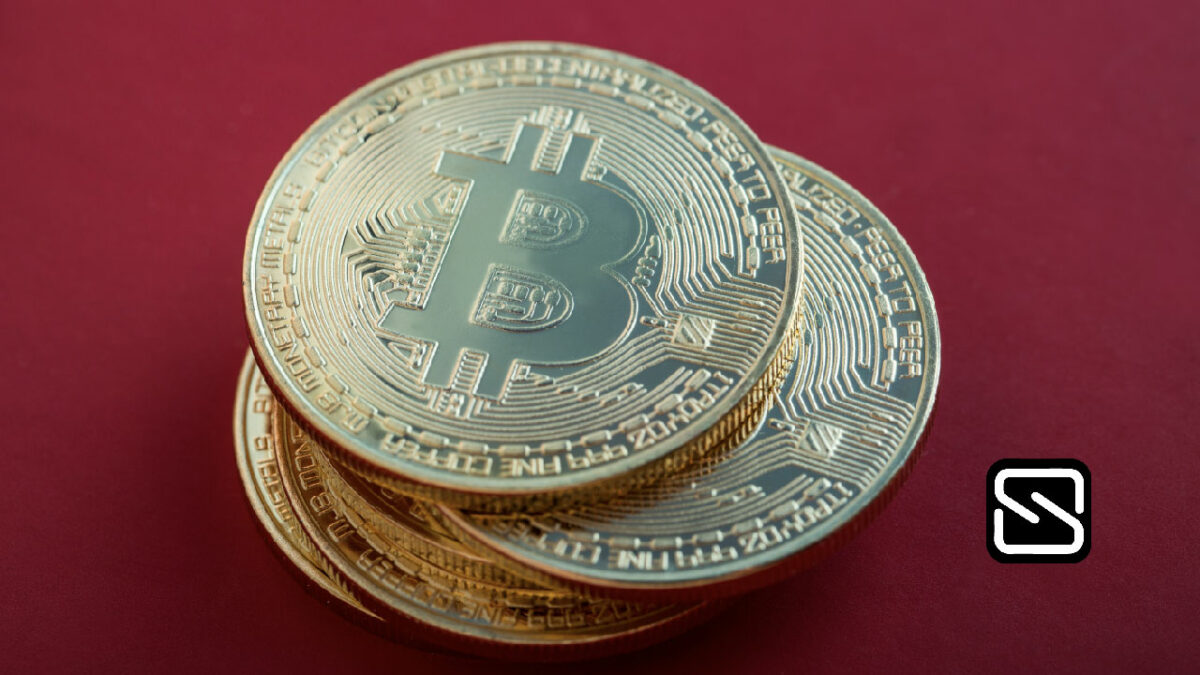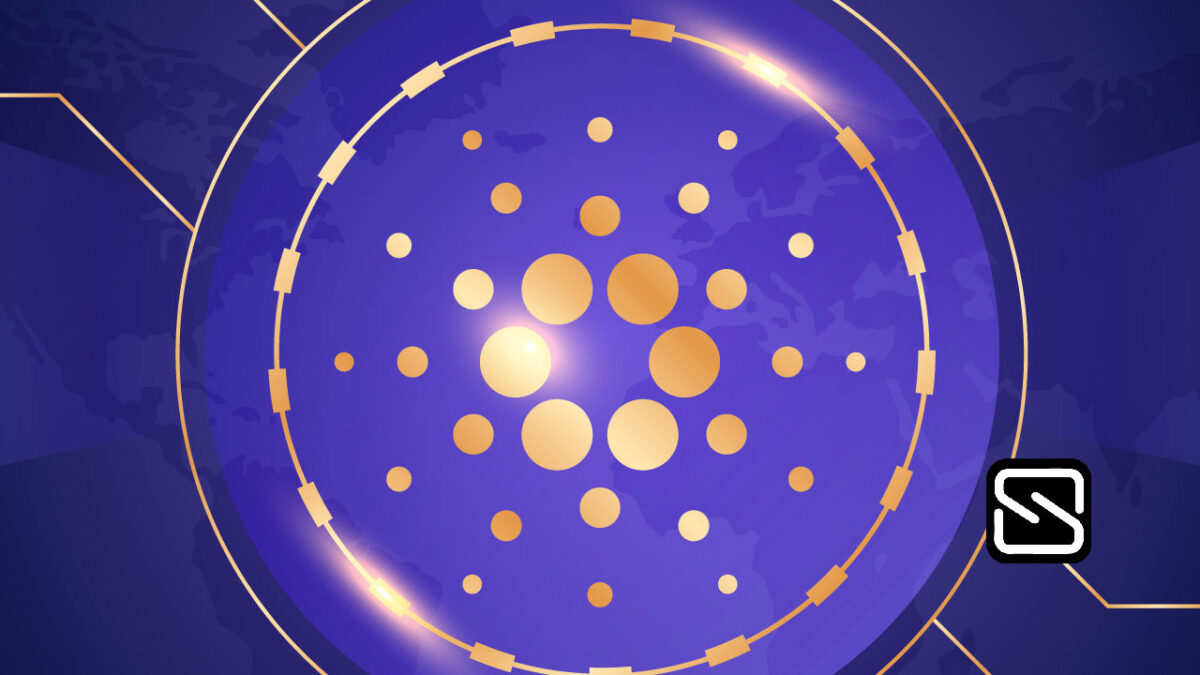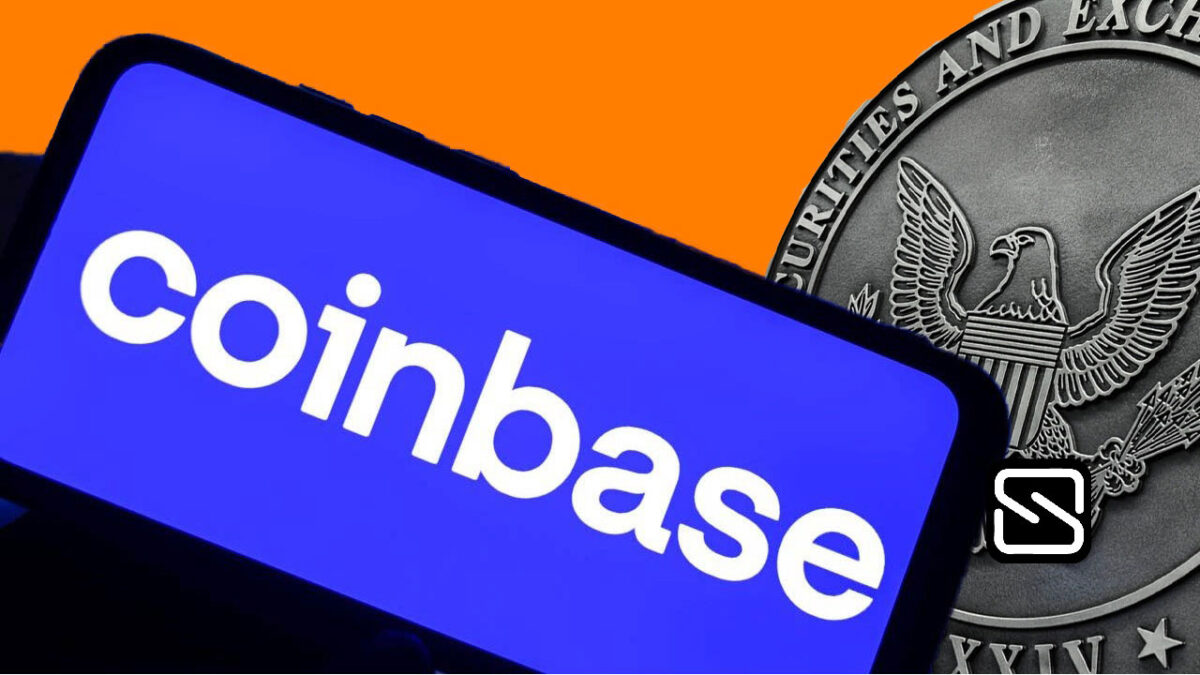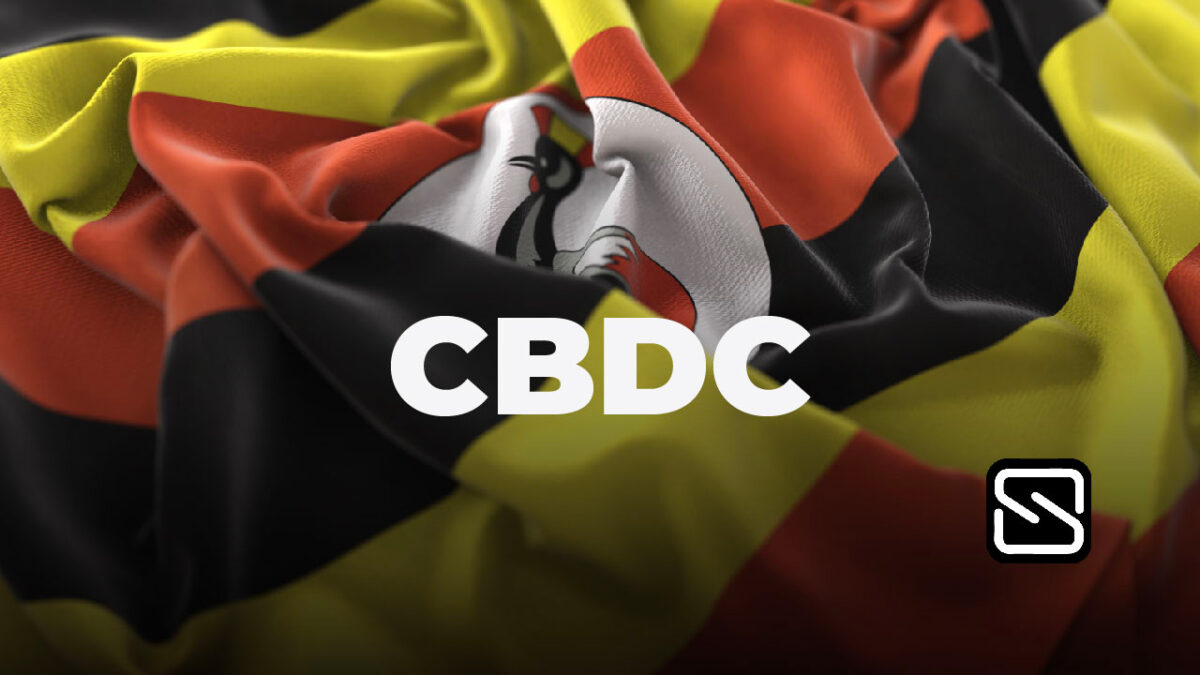The Bank of Central African States also known as Banque des États de l’Afrique Centrale which serves Cameroon, the Central African Republic, Chad, Equatorial Guinea, Gabon and the Republic of the Congo could be closer to releasing a central bank digital currency.
According to reports from Bloomberg, the board sent an email recently calling for the regional bank to introduce a digital currency in an effort to modernize payment structures and promote regional financial inclusion.
Surprisingly, the advisory comes after the Central Bank strongly opposed the decision of the Central African Republic (CAR) to adopt Bitcoin as legal tender earlier this year.
The regional monetary union released a statement on that matter on Thursday, saying that adopting BTC as legal tender in CAR is incompatible with the agreements and conventions governing the Central African Monetary Union and the Statutes of the Bank of Central African States.
However, CAR is proceeding with its BTC plans despite the criticisms from authorities and international agencies.
Furthermore, as more nations struggle with inflation that keeps undervaluing their own currencies, bitcoin use in Africa has increased over the past several years.
According to a KuCoin report, crypto transactions in Africa have grown by 2,670% since 2021.









